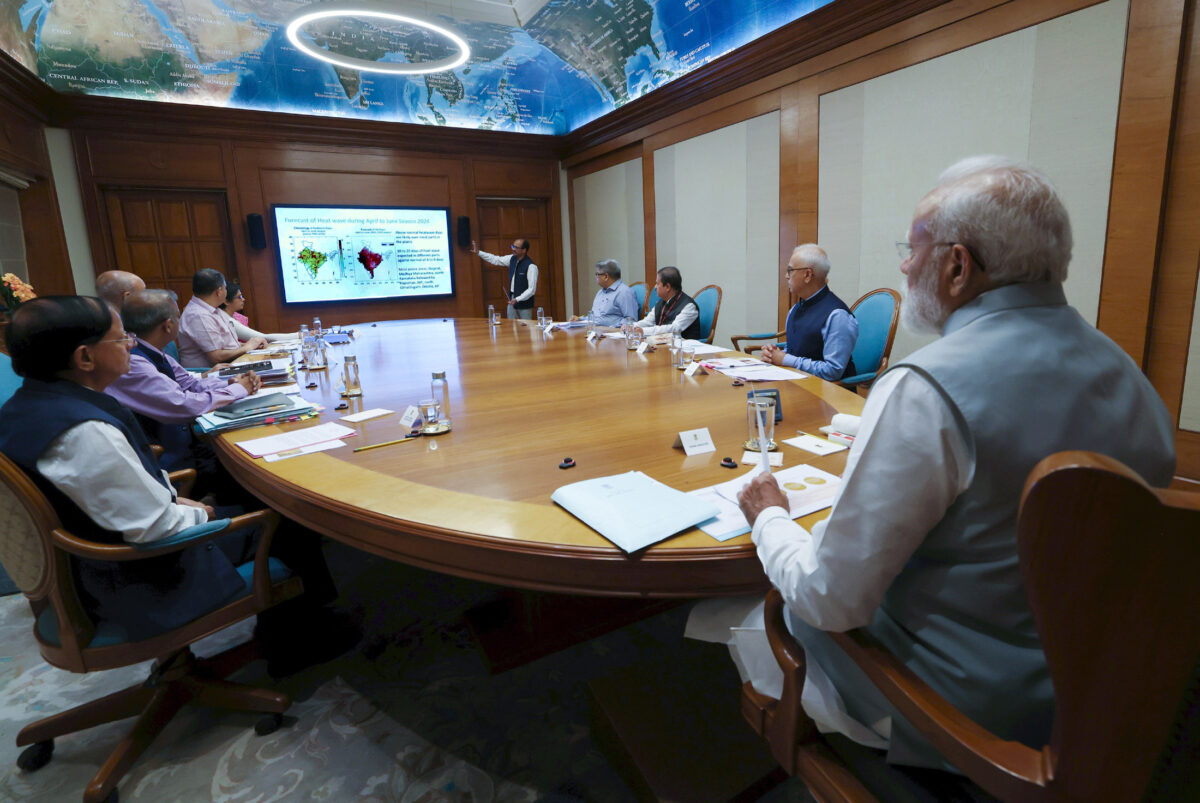In its poll manifesto for the upcoming Lok Sabha elections, India’s ruling party Bharatiya Janata Party (BJP) led by Narendra Modi has vowed to continue encouraging renewables, energy storage and electric mobility with a view to achieving energy independence for the nation by 2047.
“We will achieve energy independence for Bharat by 2047 and reduce petroleum imports through a mix of electric mobility, network of charging stations, renewable energy production and improving energy efficiency,” reads BJP’s manifesto.
Making India a global manufacturing hub in renewable energy is one of the key highlights in BJP’s poll manifesto. The party has promised to set up a Centre of Excellence for clean energy technologies and position the country as global manufacturing hub for wind, solar and green hydrogen and scale up bio-energy manufacturing facilities from all sorts of waste.
The BJP has also committed to continue forming and leading alliances of like-minded partners in areas of mutual interest such as the International Solar Alliance and the Global Biofuels Alliance.
The party stated free electricity will be provided to poor households under the PM Surya Ghar Muft Bijli Yojana. This scheme will enable homes across Bharat to run devices like electric stoves, fans, air-conditioner, TV among others and also enable EV charging through solar energy.
The PM Surya Ghar Muft Bijli Yojana was launched by Prime Minister Narendra Modi on February 15, 2024. Under the scheme, households are provided with a huge subsidy install residential rooftop solar systems. The scheme is expected to benefit one crore households across India.
The BJP affirmed its focus on achieving the target of 500 GW of renewable energy through the establishment of mega solar parks, wind parks and the Green Energy Corridor project among others.
The party said it will incentivise private-sector investment in large-scale battery energy storage systems (BESS) infrastructure for fostering renewable energy integration, grid stability and resilience, ensuring a sustainable and reliable energy future for all.
“We will develop partnerships with countries having reserves of strategic minerals to secure our supply chain and support the processing industries and manufacture of final products using rare earths and strategic minerals,” reads BJP manifesto.
Further, the BJP has pledged investments in expanding green hydrogen production and developing related technologies to make India a major green hydrogen production hub. It has also committed to establishing nationwide smart grids for efficient and intelligent energy management
In comparison, the Congress manifesto lacks renewables ambitions for the nation. Its manifesto states the party will launch a programme to install solar panels connected to tube wells to generate energy and promote solar-powered engines for tapping groundwater for agriculture. [Notably, the PM KUSUM Scheme, run by the current ruling government, financially supports farmers to solarize their pumps. The farmer can use the generated solar power to meet the irrigation needs and sell the excess solar power to DISCOMs at a pre-fixed tariff.]
“In order to facilitate the funding required for Green Transition and to achieve the goal of net zero by 2070, we will set up the Green Transition Fund of India together with state governments and the private sector,” stated the party.
This content is protected by copyright and may not be reused. If you want to cooperate with us and would like to reuse some of our content, please contact: editors@pv-magazine.com.









1 comment
By submitting this form you agree to pv magazine using your data for the purposes of publishing your comment.
Your personal data will only be disclosed or otherwise transmitted to third parties for the purposes of spam filtering or if this is necessary for technical maintenance of the website. Any other transfer to third parties will not take place unless this is justified on the basis of applicable data protection regulations or if pv magazine is legally obliged to do so.
You may revoke this consent at any time with effect for the future, in which case your personal data will be deleted immediately. Otherwise, your data will be deleted if pv magazine has processed your request or the purpose of data storage is fulfilled.
Further information on data privacy can be found in our Data Protection Policy.